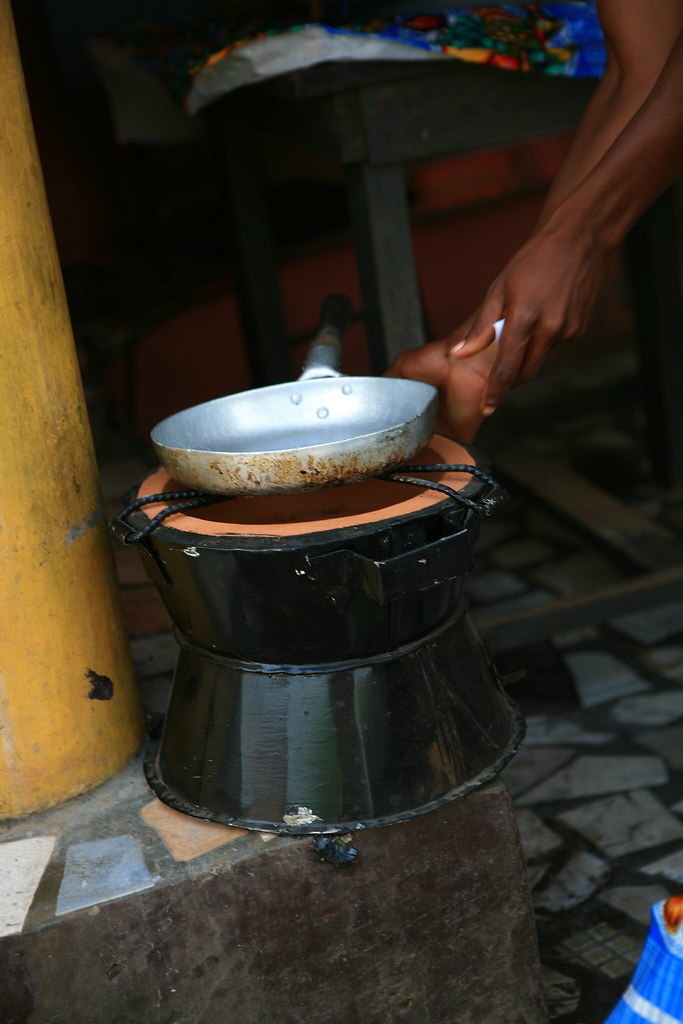Five years ago, few would have anticipated that the purchase of carbon offsets could be at the center of a mainstream market. This month, however, the US inaugurated a president that strongly supports cap-and-trade as a primary policy mechanism to address climate change.
Whether a US cap-and-trade system promotes clean energy in the developing world, however, is largely dependant upon the extent to which domestic polluters are allowed to purchase carbon offsets from abroad. Allowing polluters in the US to supplement their own greenhouse gas mitigation efforts with cuts abroad will not only be more cost effective, but would also help to address the longstanding gulf between rich and poor that is so central to the climate debate.
Carbon offsets compensate for greenhouse gas emissions by allowing polluters to purchase pollution rights from projects that abate pollution elsewhere. Since the cost of greenhouse gas abatement varies greatly between different economies and different sectors, this allows companies to target least cost emission reductions. In theory, this should be equally effective as reductions in ones own company or nation since avoided greenhouse gas emissions in Nepal have an equal climatic effect as avoided greenhouse gas emissions in New York. But such mechanisms have to be effective and without policy loopholes.
Journalists cleverly invoked the term "Carbon Cowboy" to describe a business person who seeks exorbitant profits from loopholes in international climate treaties to the detriment of developing country economies and sustained environmental impact. Others have suggested that carbon offsets merely placate guilt-ridden polluters while boasting meager environmental gains. Yet if implemented using lessons learned from the past and streamlining the approach used under the Kyoto Protocol, the US could implement an effective approach that includes offsets as a centerpiece of legislation.
To date, domestic and international offsets have been featured in multiple draft climate bills in the US. While some lack any offset component, others allow varying amounts of offsets sourced from the US and abroad. It is unclear at this point what model the Federal government will follow to craft climate legislation, or even when such legislation will emerge, but for the first time in 8 years, the political will exists to tackle this difficult question.
In December, 2009, representatives from nearly every nation will meet in Copenhagen to consider how to address climate change after 2012, the year when the Kyoto Protocol expires. Time is running short to strike such a deal since investors are already fleeing the carbon markets due to uncertainty, and more importantly, the world isn't getting any cooler. US leadership will be integral to striking a deal during this meeting, while the positions of other major polluters such as China, India and other poorer nations will be integral to a renewed treaty. This is why the world's developing economies need something in a global treaty from which they will benefit: enter carbon offsets.
Wealthy nations have powered their economies with fossil fuels for more than a century. Nevertheless, today's developed nations call on industrializing economies to embrace cleaner fuels. It is not surprising that these governments balk at climate commitments that fail to transfer capital and technological know how that addresses poverty in their quest to tackle global warming. This is why offsets will be a critical tool for successfully negotiating a post-2012 climate change treaty in Copenhagen.
If implemented effectively, offsets can have a meaningful impact on poverty reduction efforts in some of the poorest nations. Consider Mali, where the World Health Organization estimates more than 95% of the population cooks with inefficient charcoal and wood stoves. In addition to causing deforestation and global warming, this practice kills tens of thousands of Malians each year from indoor air pollution. Mr. Ousmane Samassekou is a Malian entrepreneur whose company manufactures super-efficient stoves. These stoves slash deadly pollution and greenhouse gas emissions nearly in half.
Samassekou, an E+Co investee, will soon sell carbon offsets from his stoves through E+Co to Goldman Sachs. The revenues from sale will be split between E+Co and Samassekou. E+Co's share will fund business training for entrepreneurs like Samassekou, a key ingredient to a company's success, while Samassekou's share will allow his company to lower its prices so even the poorest Malians can afford this life saving technology.
Before we allow pundits to dismiss greenhouse gas offsets as riddled with fraud or simply a polluter's enabler, we should consider the host of benefits that they offer. When coupled with reductions at home, carbon offsets offer wealthy nations a less expensive way to curb emissions as they invest in the poor. This investment curbs greenhouse gas emissions and reduces poverty, allowing even the poorest Malians to breathe easier. Perhaps these ingredients will underpin an inclusive and effective multilateral global climate change treaty in Copenhagen.

No comments:
Post a Comment